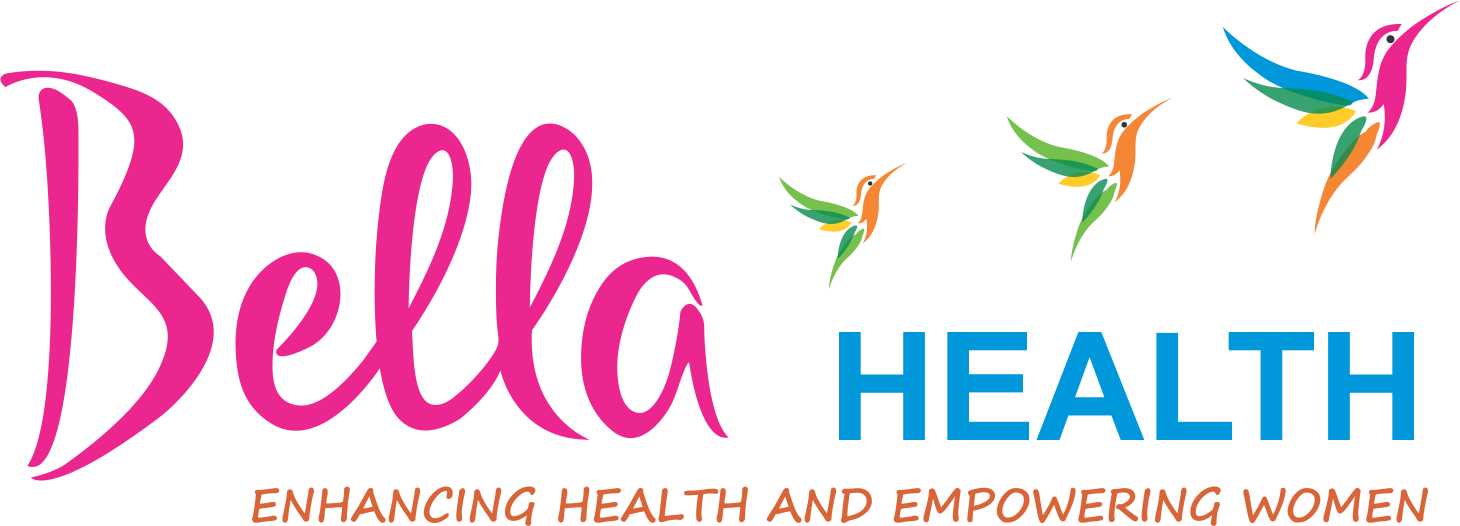Welcome to Bella Healthcare Charitable Trust!
Health Care Services
Quality and affordable reproductive health services are non-existent in our target community which leads to poor health outcomes. Lack of health awareness leads to poor health outcomes and health education is practically nill within the communities we serve. There are many misconceptions concerning reproductive health and it is often seen as a taboo topic. The confluence of lack of services and misconceptions/lack of awareness in these communities leave the population vulnerable to greater morbidity and mortality from preventable causes, particularly in regards to reproductive health. In India, 1 woman is dying every 2 hours from unsafe abortions, even though India has one of the most liberal Medical Termination of Pregnancy laws. Unsafe abortions continue to outweigh safe abortions. Within our communities many women seek unsafe methods of abortion due to lack of access and lack of education, putting their lives and health at risk. Reproductory Tract Infections are rampant causing Pelvic Inflammatory Disease and in some cases infertility. Reproductory Tract Infections causing Pelvic Inflammatory Disease are seen in adolescents- even before they are sexually active and are seen in the majority of women after they deliver or undergo an abortion.
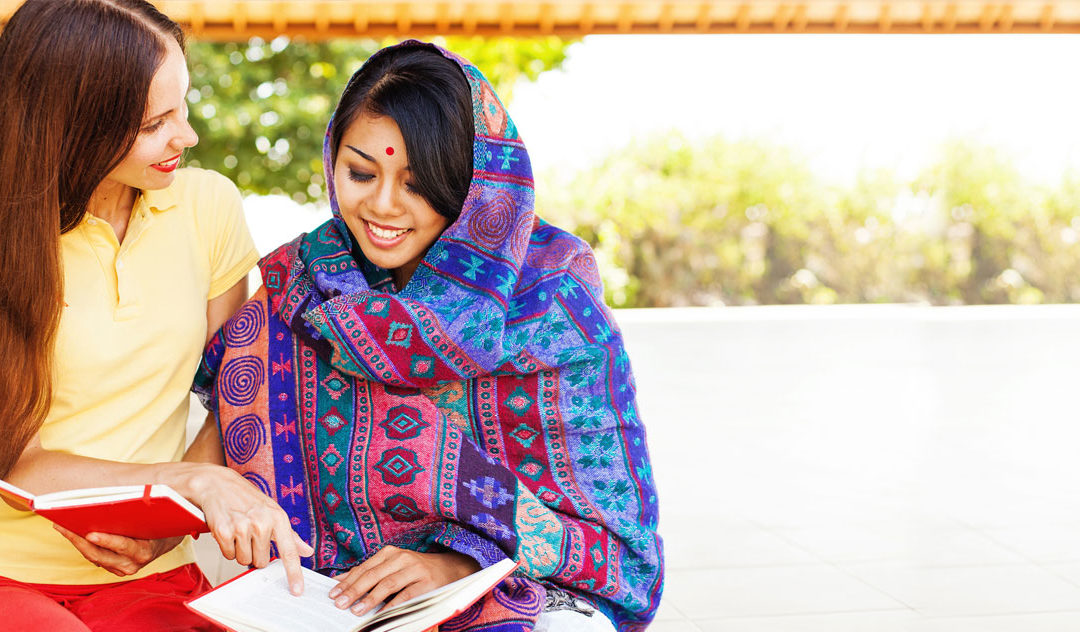
Health Awareness
Health care services are provided through our mobile health ambulance that travels to villages and slums on a daily basis and our permanent outpatient clinic -Krishna Clinic in Nehru Colony.
Bella Healthcare provides education to women in their target areas on: oral rehydration salts (ORS), female reproductive anatomy, normal and abnormal vaginal discharge, birth control, anemia, back pain, menstrual cycle, menstrual hygiene, menopause, antibiotic abuse, STI’s, HIV, first aid and nutrition. Our trained education specialists also sensitize women about infant and young child feeding (IYFC), safe delivery with JSY (Janani Suraksha Yojana) program under the NRHM (National Rural Health Mission) and domestic violence awareness under the Protection of Women from Domestic Violence Act of 2005.
We also provide our beneficiaries with IEC (Information Education Communication) materials through videos and handouts which improve retention of knowledge from health education classes. We have a health promotion manual that all of the educators use as a reference to teach the classes. To measure the effectiveness of the education we ask the participants pre-/post-test questions. We ask the participants the “pre” questions before the class to measure their baseline information and then ask the “post” questions after the class to ensure that the objectives of the class were met. This allows our team to evaluate the effectiveness of the education and endorse a more participatory learning environment.

We also track the number of classes the participants attend. After the participants attend 6 classes they receive a certificate and present from Bella Health. Since August, over 60 women completed their required 6 education classes. We had a small ceremony for these women. They received a Bella Health Education Achievement Certificate and a gift. Their gift was a digital thermometer that will come in handy in the villages.
Maternal & Child Health
The most dangerous time for the mother and baby is within the first 24 hours of delivery. 50% of child deaths occur in the first 28 days and this is when, due to cultural norms, women and their babies rarely leave the house. PNC visits will be conducted at the home by a registered nurse. The PNC will incorporate preventive care practices and routine assessments to identify and manage or refer complications for both the mother and baby including: vital signs, feeding habits, and for the mother, signs or symptoms of infection, etc.
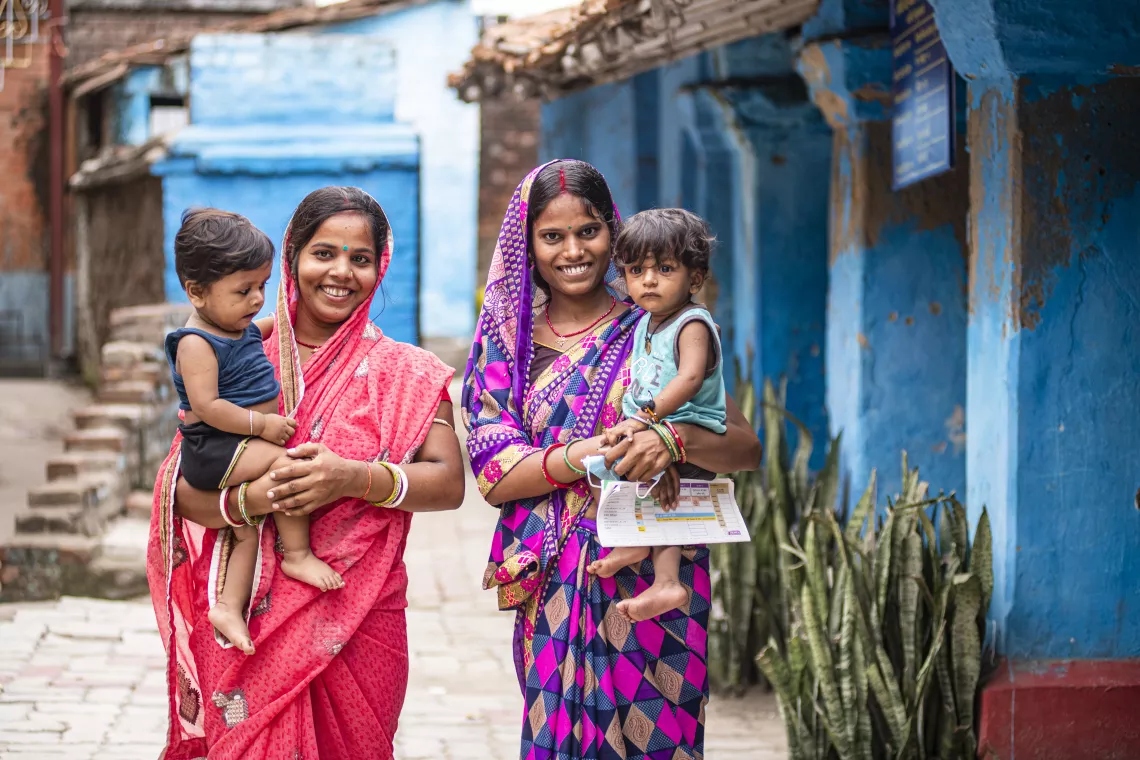
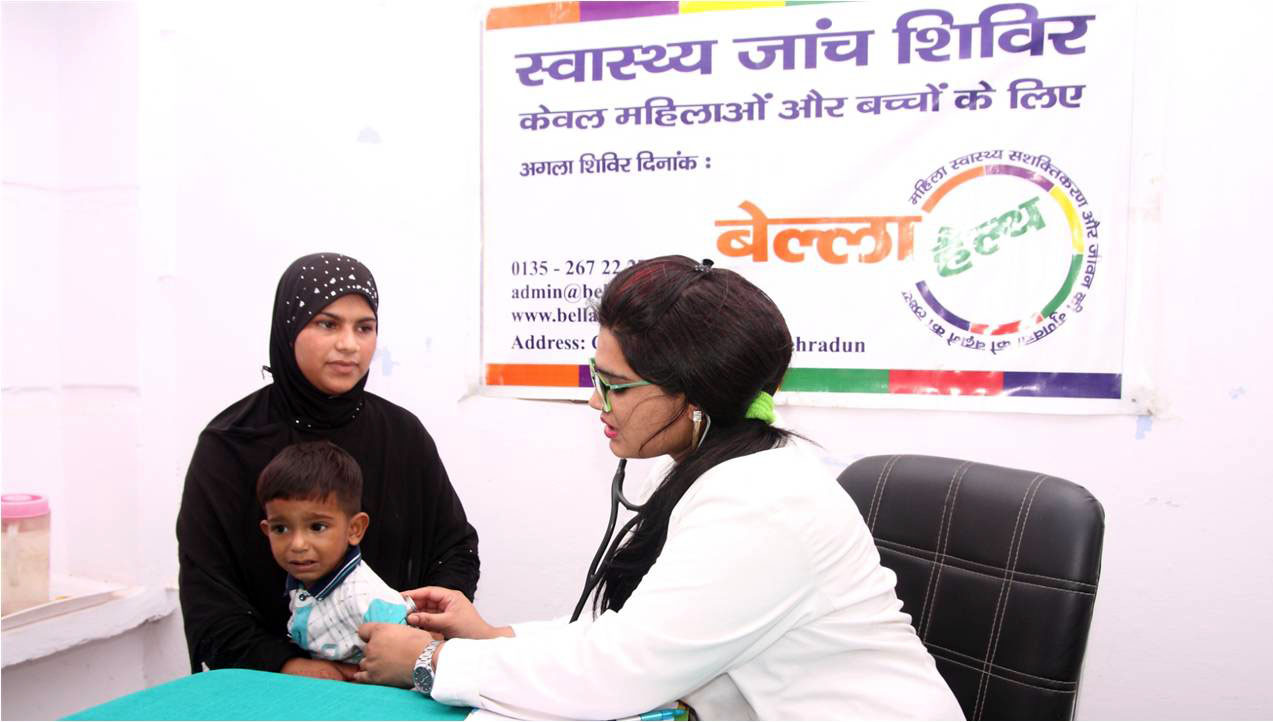
Health Education & Camps
Health education is our passion at Bella Health. Health education empowers our participants by giving them the knowledge necessary for adopting healthy behaviours. Health education betters lives, families and entire communities. Bella Health provides health education through classes for adults and children, through our Adolescent Reproductive Health Program, through our health camps and screenings, and through our School Age Project. Health Education classes are provided to all patients who access our health care services. We encourage patients to return for health classes even when they are feeling better. Health education sets Bella health apart from other organizations. We hope this education will sustain the health of the community! The education we impart on them, will stay with them, encourage them to adopt healthy behaviour, take a proactive approach to their health and have an intergenerational impact making families healthier. When we “exit “ we hope people will be empowered with the tools and resources to adopt a healthy life and be better able to advocate for their health and the health of their families.
Health Eduction for Females
Classes are supplemented with videos, posters, handouts to make it interesting, interactive and relevant. The number of classes that the participants attend is also tracked to ensure that the participants of 6/12/18 classes receive the awards/ certificates. To measure the effectiveness of the education we ask the participants pre-/post-test questions. We ask the participants the “pre” questions before the class to measure their baseline information and then ask the “post” questions after the class to ensure that the objectives of the class were met. This allows our team to evaluate the effectiveness of the education and endorse a more participatory learning environment. We also track the number of classes the participants attend. After the participants attend 6 classes they receive a certificate and present from Bella Health.
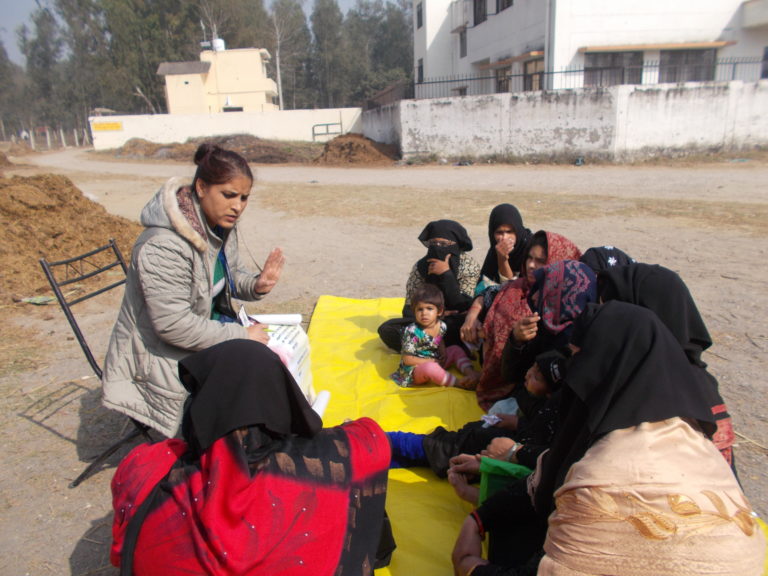
This program offers age- and culturally-appropriate reproductive health information in a safe environment to adolescents who come from poor and middle-income families in North India. The classes cover topics ranging from puberty, anatomy, pregnancy, STIs and RTIs, unhealthy habits, violence and sexual assault.
Adolescents receive unbiased and research-based information and counselling that is culturally appropriate. Youth develop skills in communication, refusal, and negotiation. Information that is medically accurate will be provided with clear goals for preventing HIV, STIs, and early pregnancy. These classes have been developed in cooperation with members of the target community and respect community values.
The pilot was implemented in Dehradun, in March 2013, and has provided education to 5,000 participants in 30 different slum areas. The effects of these classes have been apparent. In their post-tests, participants were able to understand puberty, their reproductive organs, menstruation; transmission of RTI/STI’s including HIV. Participants had improved knowledge of their reproductive health, less misconceptions regarding myths they had been lead to believe, and a better overall attitude towards reproductive health compared to their pre-test scores.
The curriculum that the educators follow has been developed in house with the help of international public health professional. Male educators teach male adolescents and female educators teach female adolescents. We do not like to propagate the sex differences, but the students feel more comfortable if their educator is the same sex. Pre/post test-questions are asked at the beginning to measure the baseline knowledge level and then post-test questions are asked after each topic is completed. These questions measure if objectives are being met or not met. This allows the educators to have immediate feedback and expand or repeat sections that are unclear. These pre/post test questions are administered verbally. The educators also have a written program evaluation tool. This tool is used to evaluate the program for internal review. These tools are reviewed by the educators and the program facilitator to rectify issues in teaching. It is a tool to give feedback for the class in general. The questions are not yes/ no but more critical thinking questions to really assess if the students have the knowledge that we hope to have imparted on them.
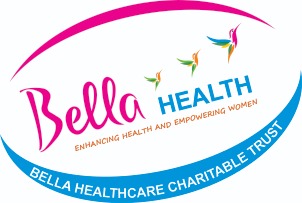
If you have any questions, want to get involved, or learn more about our initiatives, please don’t hesitate to reach out. Together, we can build a healthier and more vibrant Uttarakhand.
Contact
Phone number : +91- 9557122480
Email : bellahealth.ngo@gmail.com
